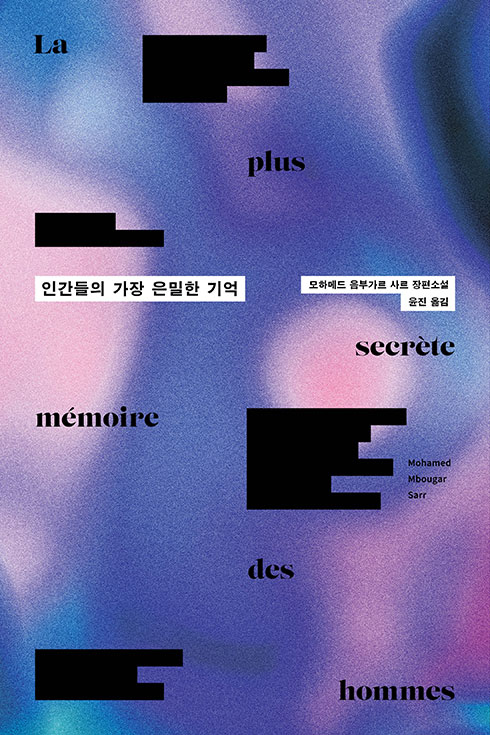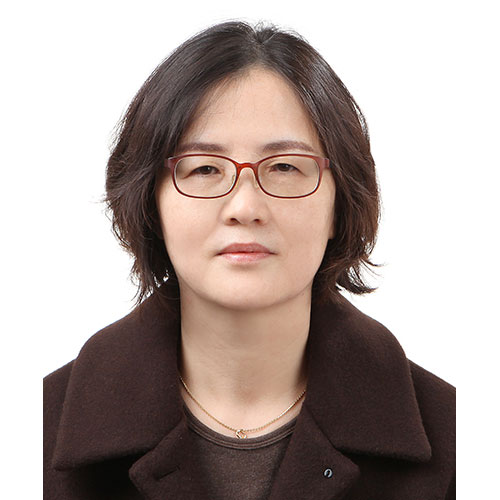
Winner

La plus secrète mémoire des hommes(Philippe Rey, 2021)
The Most Secret Memory of Men/La plus secrète mémoire des hommes follows the intertwined journeys of two writers, T.C. Elimane and Diégane. Elimane, a writer once hailed as a "Black Rimbaud" rises to fame after publishing his acclaimed work, only to vanish under mysterious circumstances after being accused of plagiarism. Meanwhile, Diégane, another writer, embarks on a relentless pursuit to Elimane’s masterpiece, The Labyrinth of Inhumanity. This novel is a fast-paced mystery that explores the issues of literature and life

Mohamed Mbougar Sarr
Mohamed Mbougar Sarr was born in Dakar and studied literature and philosophy at the Ecole des Hautes Etudes en Sciences Sociales in Paris. His novels include 『Terre ceinte』(2014), 『Silence du chœur』(2017) and 『De purs hommes』(2018). His fourth novel 『La plus secrète mémoire des hommes』(2021) won the Prix Goncourt in 2021 and has been translated into 38 languages. He was named a Chevalier of the National Order of Merit by the president of Senegal.

Youn Jeen
Youn Jeen studied French literature at Ajou University and Seoul National University, and earned a PhD from the University of Paris III. She is a professional translator, known for her translation of 『La plus secrète mémoire des hommes』. Her other include 『Pacte autobiographique』 by Lejeune, 『Pour une théorie de la production littéraire』 by Macherey, 『Liaisons dangereuses』 by Laclos, 『Sous le soleil de satan』 by Bernanos, 『L’Assommoir』 by Zola, 『Alexis ‧ Le Coup de Grâce』 by Yourcenar, 『Belle du seigneur』 by Albert Cohen, 『Un barrage contre le Pacifique』 and 『La vie matérielle』 by Duras, 『Fin de la jalousie』 and 『Mystérieux correspondant et autres nouvelles inédites』 by Proust, 『Gaspard de la nuit』 by Bertrand, 『Ru』, 『Mãn』, and 『Em』 by Kim Thúy, 『Pesanteur et la grace』 by Simone Weil, and 『Larmes d'Éros』 by Bataille.
Diaspora in Post-Colonial Literature
Mohamed Mbougar Sarr’s The Secret Memory of Men burns with resonant prose and a sincere desire to find authenticity, delving deeply into the lamentable fate of Third World literature as the novel wanders amidst universalized Eurocentric literature. By authentically revealing the suppressed and distorted faces of the colonized, this work takes the reader on a passionate adventure of characters searching for the possibility of true existence beyond fate. Korean readers will find value in contemplating the importance of a true and fair exchange of language, spirit, and literature by reflecting on parallels between the text and their own experiences.
-Note from judging Committee-